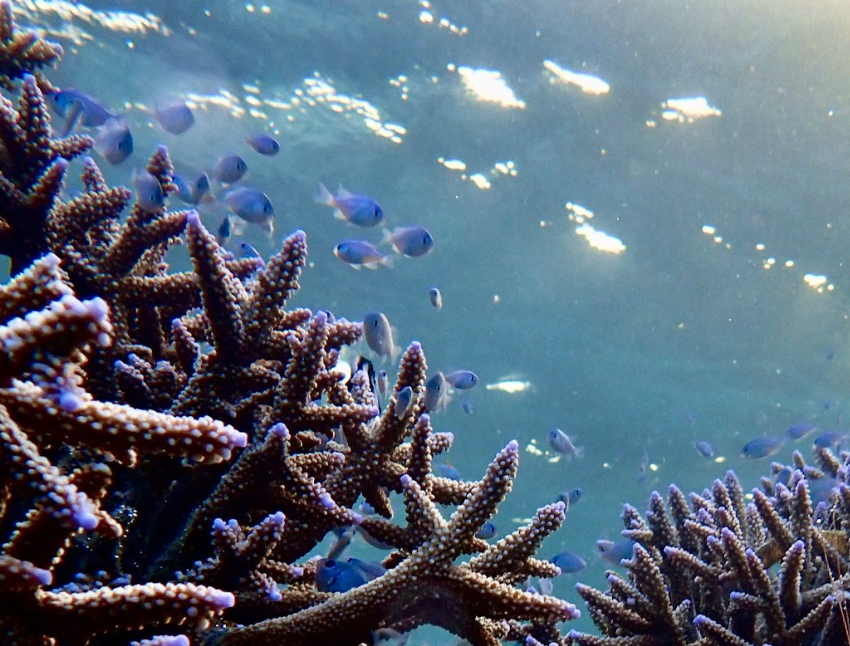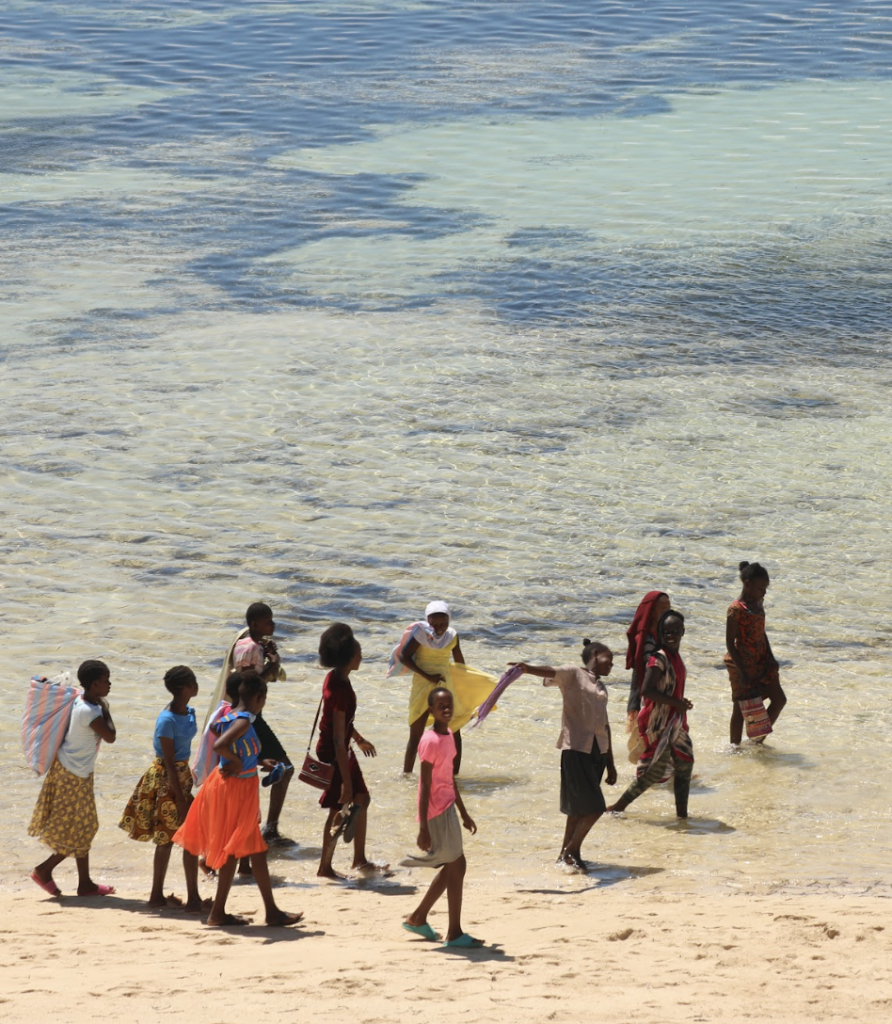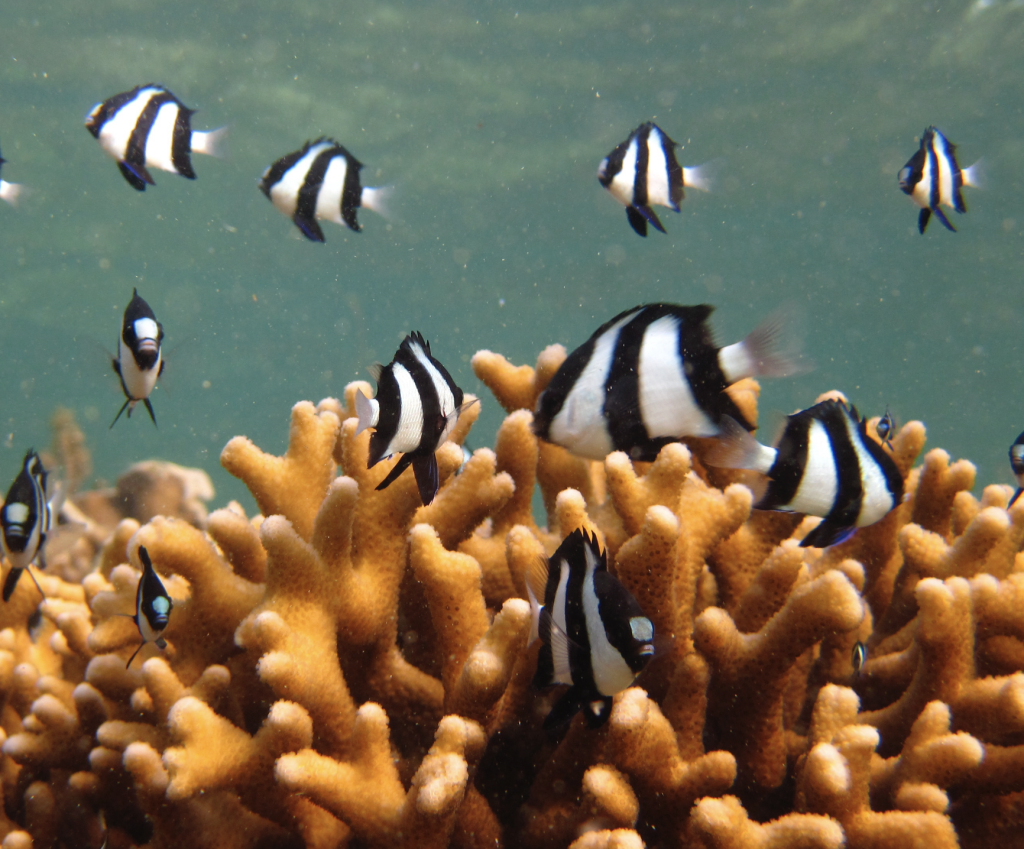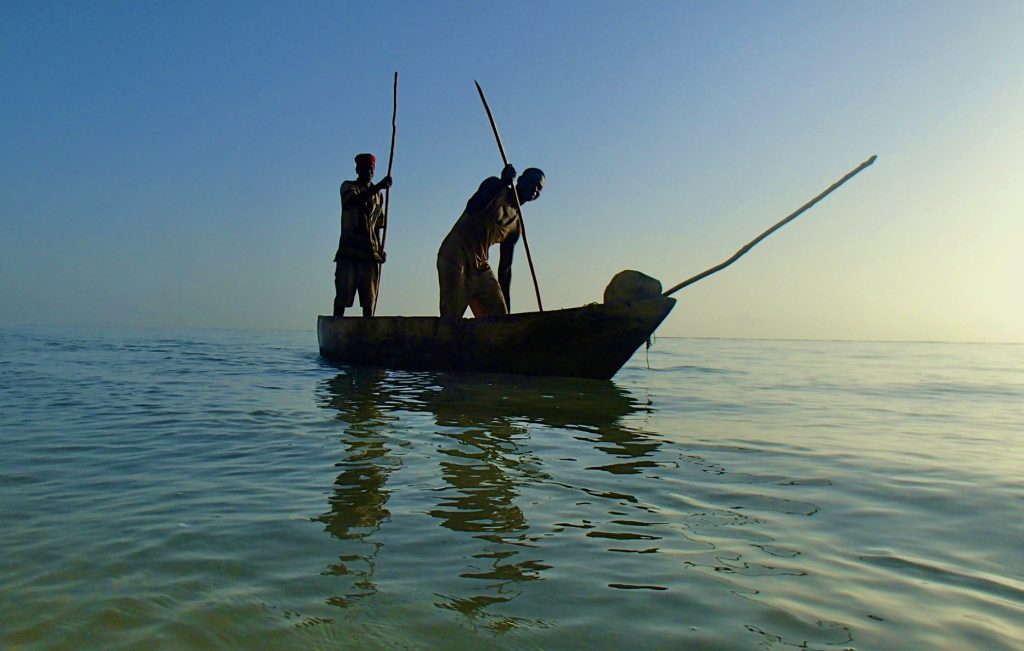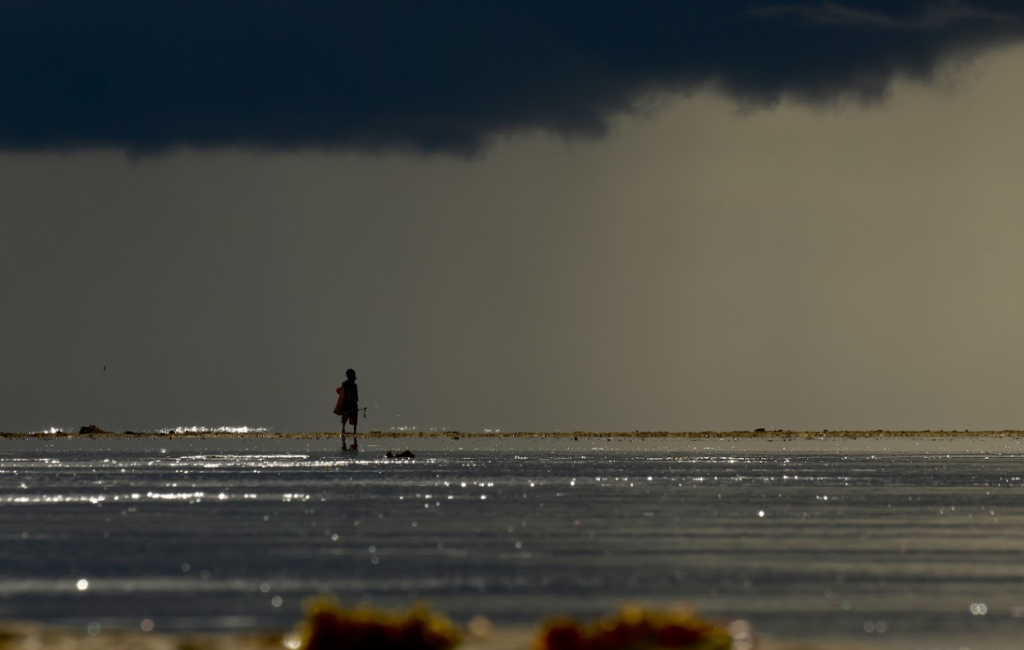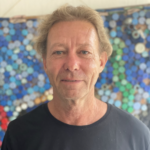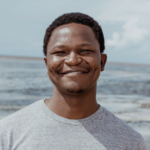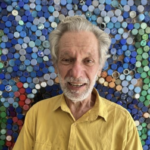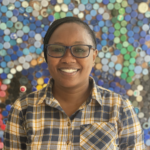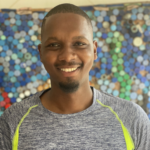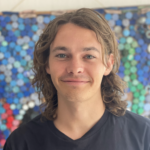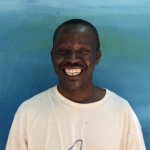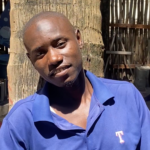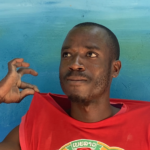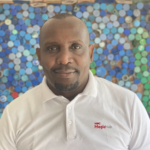

REEL project : conservation through involvement.

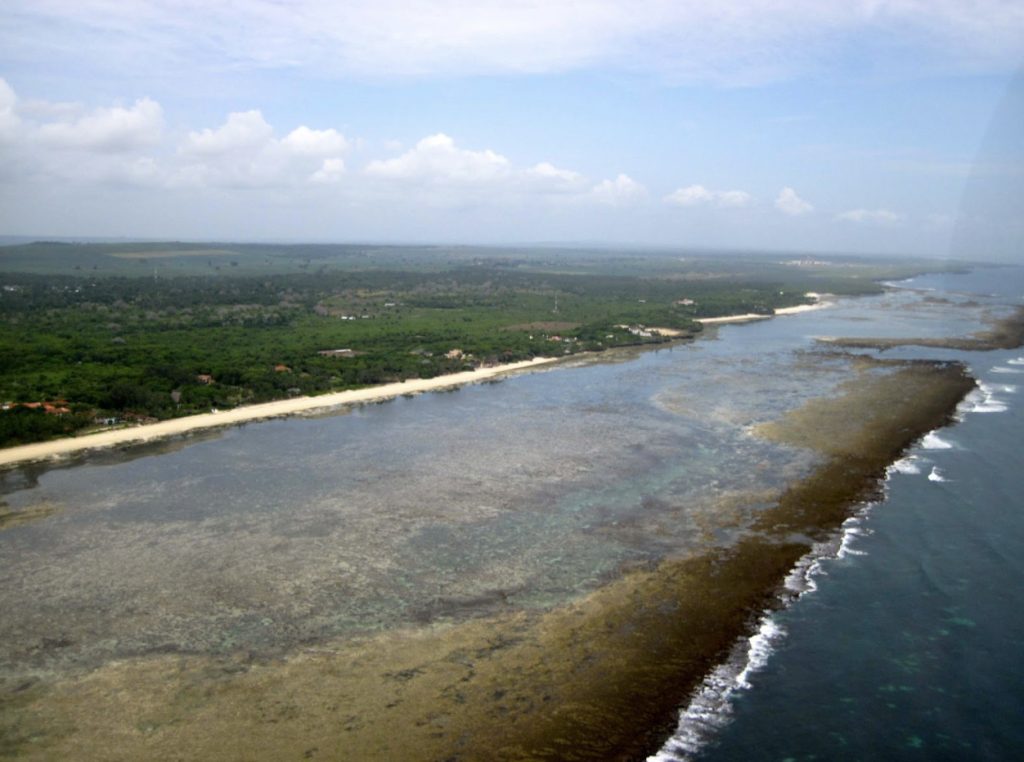
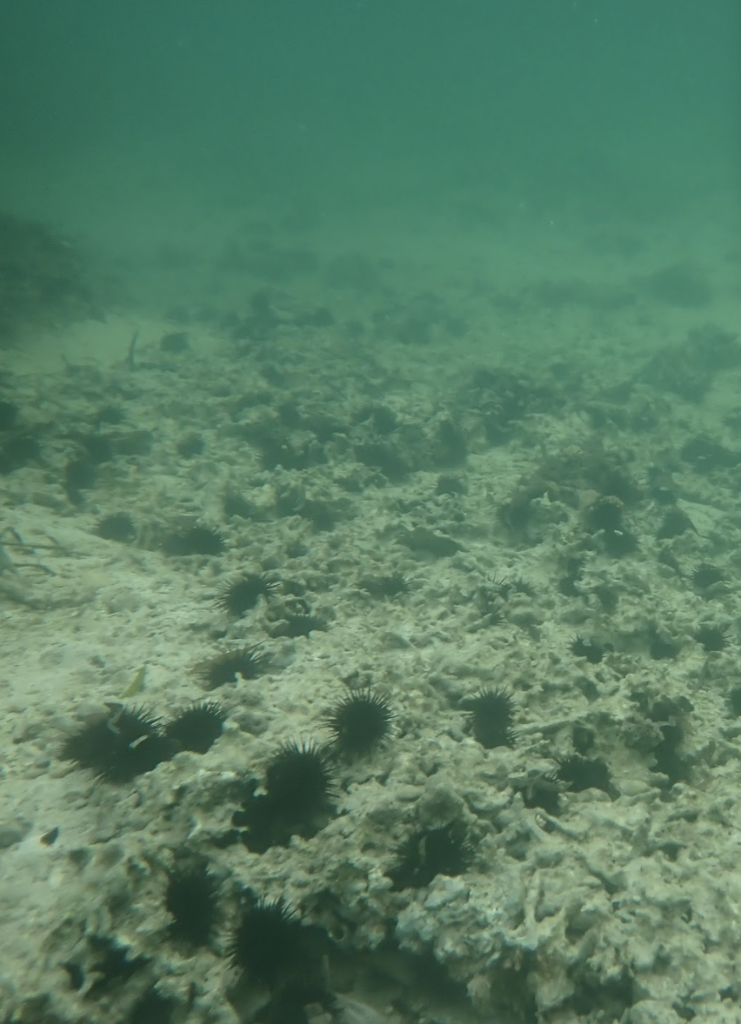
Restore and conserve 70 ha of coral reefs and associated biodiversity in two locations in the Kuruwitu co-management area to promote ecosystem resilience and improve the livelihoods of the local community of dependent fishermen, by testing and implementing adapted restoration techniques.
Raise local, regional and international awareness of the importance of coral reefs as a habitat for marine biodiversity, the provision of ecosystem services and sustainable livelihoods for fishers.
Deploy and extend as far as possible in the Kuruwitu area and neighbouring management zones effective coral protection and restoration methods adapted to the context, sharing the experience of the local nonprofit.
